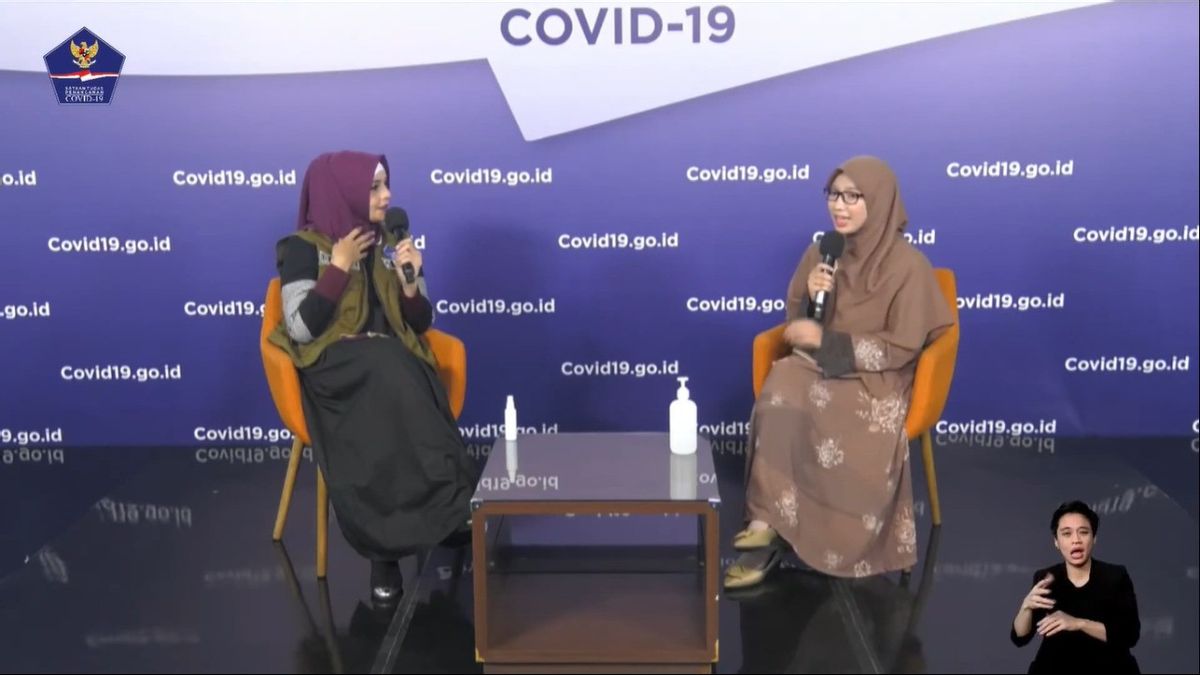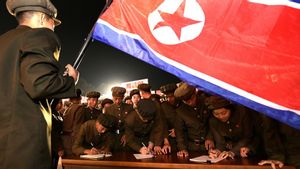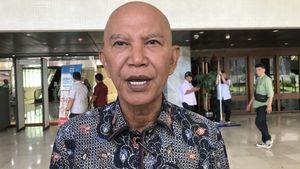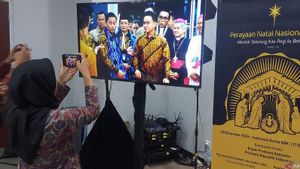JAKARTA - Member of the COVID-19 Handling Task Force Expert Team Dewi Nur Aisyah said the COVID-19 cluster in the office space in DKI Jakarta has increased to 90 clusters. From this cluster, there are 459 employees who have confirmed cases of COVID-19.
"If we see, the number has increased 10 times. During the early PSBB period, where almost all employees worked at home, there were only 43. But, it turns out that during this transitional PSBB it increased by 416 to 459," said Dewi in a discussion at Graha BNPB East Jakarta, Wednesday, July 29.
In detail, there are 20 clusters with 139 cases in a number of ministries, 10 clusters with 25 cases in agencies or institutions, 34 clusters with 141 cases in offices within the DKI Regional Government.
Furthermore, there is 1 cluster with 4 cases in police offices, 8 clusters with 35 cases in BUMN, and 14 clusters with 92 cases in private offices.
Even so, Dewi did not mention which offices were the cluster for the spread of COVID-19. "This is not a story about who the office is, has the government or not, that's not what it is. Anywhere can happen. Because, when you start doing your activities, the risk is definitely higher," said Dewi.

Dewi continued, the office cluster portion of the accumulated COVID-19 cases was only 3.6 percent. Then, the market cluster is 4.3 percent, crew members and migrant workers are 5.8 percent, and the community is 39 percent.
"For the rest, there are health personnel at the hospital, there are health centers, in nursing homes as well. In the remand center, the numbers are trying to catch up. The numbers are small, but they also contribute positive cases," he said.
Therefore, Dewi suggested that if there are companies that can still make a policy for their employees not to work in the office (work from home), it should be done.
If you have to work in an office, the capacity must be limited to 50 percent. This is done by dividing work time or implementing a shift system.
"For example, if someone is forced to enter, there is a shift, there is a 2 hour difference, for example if someone enters at 7 and 9 o'clock, so there is no accumulation on arrival and at the time of return and lunch time," he said.
The English, Chinese, Japanese, Arabic, and French versions are automatically generated by the AI. So there may still be inaccuracies in translating, please always see Indonesian as our main language. (system supported by DigitalSiber.id)













